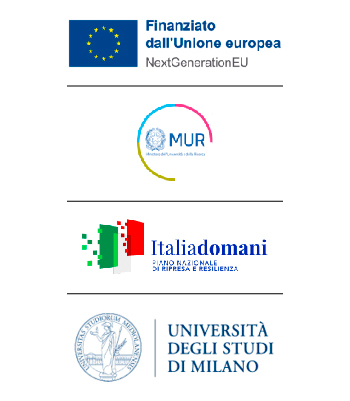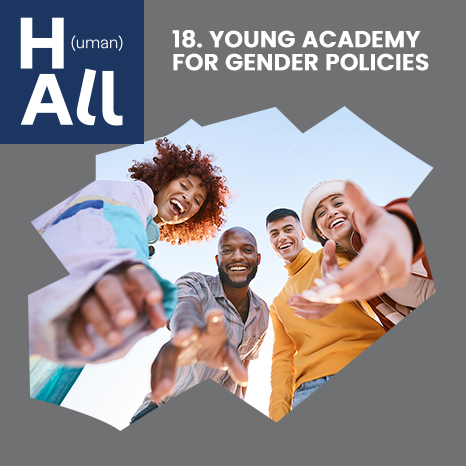SOCIAL INCLUSION
OF PEOPLE OF FOREIGN ORIGIN
This project aims to develop new strategies for the integration processes, taking into account the EU Action Plan on Integration and Inclusion (2021-2027).
Considering that the ease of access is an essential tool for the integration and the protection of social rights, the project focuses on some specific vulnerable groups (women and minors of foreign origin) to encourage and strengthen their access to services, instruction, healthcare, professional training and job placement; all in a perspective of empowerment and social inclusion. The project is realized in Milan, in the Municipio 7, in collaboration with the associations and the institutions operative on the territory.
The website of the Jean Monnet EUmigrlab Chair, coordinated by Prof. Di Pascale
and dealing with immigration and inclusion issues, is now online.
https://eumigrlab.unimi.it/
TEAM
OUR PARTNERS.
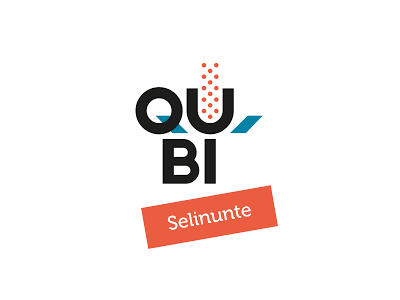
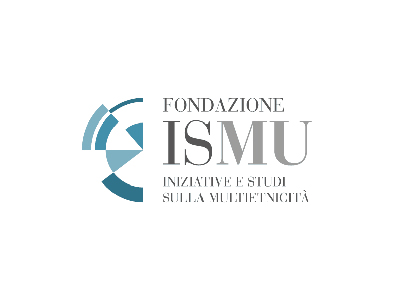
WHAT DO WE DO
RIGHTS AND INTEGRATION
Interview with Alessia Di Pascale, associate professor of European Union Law
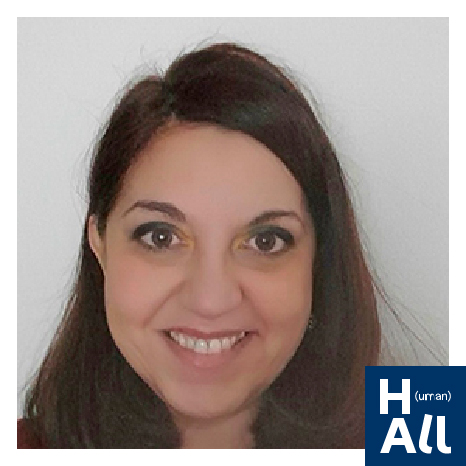
Why is the access to services important for the integration?
The access to services is closely related to social rights and integration. For example: if I cannot speak the language or I don’t have any basic digital skill, I won’t be able to register my child for school, to look for professional training or to look for a job, and so I will have difficulties to access to education, workplace, and healthcare too.
This can result in marginalization and social exclusion, especially for the youngest whose inclusion could be a huge contribution to the community. As the annual report ISTAT 2022 says “Foreigners or Italian by acquisition of citizenship are the 13% of the total underage population resident in Italy”. This means a significant contribution to the youngest members of the Italian population, that represent our demographic future”.
What’s the goal of this project?
Through observation, research, and physical presence on the territory the goal is to strengthen people of foreign origin skills, with a focus on women and underage people. Everything thanks to the support of the already existing organizations.
Why did you choose Municipio 7?
We chose to focus on a specific area because we need to produce concrete effects. We chose the Municipio 7 because here there are a lot of foreigners – especially Arabic people – additionally, recently it has been subject of media attention because of some problems regarding underage people. Besides the feature of the place, we needed an operator ready to open the doors.
You found it in the Rete QuBì Selinunte…
Without the Rete QuBì Selinunte, the project – that has a horizon of implementation of three years – would have had little chance of success, this because it wouldn’t have had been possible to understand the reality of the neighborhood. The Rete QuBì has been the key to overcome the mistrust, allowing us to get in touch with people, associations, and institutions. Without a qualified, famous, and reliable partner, everything wouldn’t have had been possible.
In the future will the project expand itself?
Now we are focusing on Municipio 7. On the one hand this has got some very interesting traits, but on the other these characteristics are very alike to the ones of other contexts. So, some ideas could be used somewhere else too.
Which are the benefits of being part of Human Hall?
Being a part of such a wide-ranging project facilitates the relationship with the external stakeholders. Moreover, we are all encouraged to produce concrete results and meet deadlines, according to the PNRR. The interdisciplinary approach is a plus: indeed, sharing your ideas with several working groups is a unique opportunity.
Why is the access to services important for the integration?
The access to services is closely related to social rights and integration. For example: if I cannot speak the language or I don’t have any basic digital skill, I won’t be able to register my child for school, to look for professional training or to look for a job, and so I will have difficulties to access to education, workplace, and healthcare too.
This can result in marginalization and social exclusion, especially for the youngest whose inclusion could be a huge contribution to the community. As the annual report ISTAT 2022 says “Foreigners or Italian by acquisition of citizenship are the 13% of the total underage population resident in Italy”. This means a significant contribution to the youngest members of the Italian population, that represent our demographic future”.
What’s the goal of this project?
Through observation, research, and physical presence on the territory the goal is to strengthen people of foreign origin skills, with a focus on women and underage people. Everything thanks to the support of the already existing organizations.
Why did you choose Municipio 7?
We chose to focus on a specific area because we need to produce concrete effects. We chose the Municipio 7 because here there are a lot of foreigners – especially Arabic people – additionally, recently it has been subject of media attention because of some problems regarding underage people. Besides the feature of the place, we needed an operator ready to open the doors.
You found it in the Rete QuBì Selinunte…
Without the Rete QuBì Selinunte, the project – that has a horizon of implementation of three years – would have had little chance of success, this because it wouldn’t have had been possible to understand the reality of the neighborhood. The Rete QuBì has been the key to overcome the mistrust, allowing us to get in touch with people, associations, and institutions. Without a qualified, famous, and reliable partner, everything wouldn’t have had been possible.
In the future will the project expand itself?
Now we are focusing on Municipio 7. On the one hand this has got some very interesting traits, but on the other these characteristics are very alike to the ones of other contexts. So, some ideas could be used somewhere else too.
Which are the benefits of being part of Human Hall?
Being a part of such a wide-ranging project facilitates the relationship with the external stakeholders. Moreover, we are all encouraged to produce concrete results and meet deadlines, according to the PNRR. The interdisciplinary approach is a plus: indeed, sharing your ideas with several working groups is a unique opportunity.
Alessia Di Pascale, Francesca Mauri



